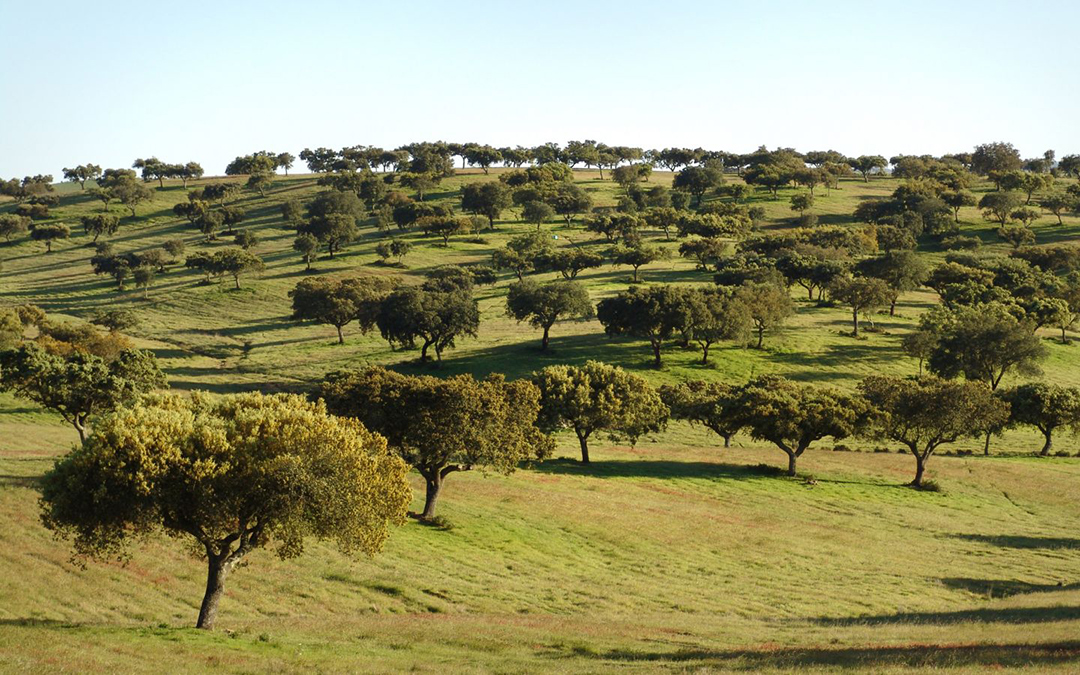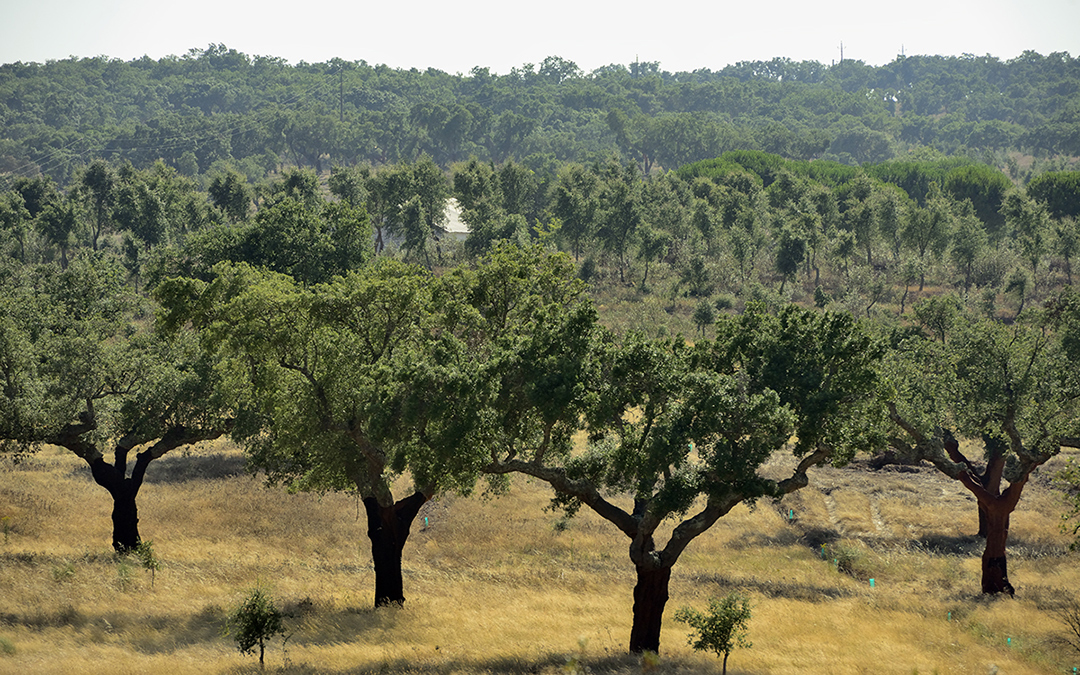History
The MED – Mediterranean Institute for Agriculture, Environment and Development was created in January 2020. The MED brougth together ICAAM, CEBAL, MeditBio, and CIBIO-InBIO, each with important contributions to the areas of environment and agriculture.
The MED is currently the largest national research unit on topics that integrate agriculture and forestry, food, environment and rural development in Mediterranean environment. The institute is based at the University of Évora, with research poles in Beja and Faro.
ICAAM – Institute of Mediterranean Agricultural and Environmental Sciences (Évora, Universidade de Évora)
ICAAM – Institute of Mediterranean Agricultural and Environmental Sciences, a research and development unit (R&D) of the University of Évora, transfers to the MED 30 years of research history aimed at promoting the sustainability of Mediterranean agriculture and its ecosystems
ICAAM developed its activity based on multidisciplinary teams that integrated researchers from different areas such as genetics, biotechnology, plant protection, animal health and production, agricultural technology, soil conservation and management, water and climate, food quality, territorial cohesion, communities and rural landscape.
Research has always focused on issues emerging from practice, with the aim of responding to the many challenges of society.
One of ICAAM’s characteristics was its international expressiveness, with participation in dozens of international projects, including H2020 projects, participation in national and international networks, and participation in partnerships and national competence centres.
A strong component of ICAAM was its laboratories and research infrastructure, with research supported by 22 laboratories and 10 experimental units.
CIBIO-INBIO Research Centre in Biodiversity and Genetic Resources (Évora, CIBIO pole at Universidade de Évora)
Developed world-class research in the areas of biodiversity and evolutionary biology, with special emphasis on the understanding of processes that lead to present-day patterns of biological diversity and on the principles governing the spatial partitioning of genotypic and phenotypic variation. Other focus of research aimed to integrate and deepen ecological, taxonomical and biogeographical knowledge at different scales worldwide.
CEBAL – Alentejo Biotechnology Center for Agriculture and Agro-Food (Beja),
A private, non-profit research and development unit, which developed its activity in close connection with the local economy, in the areas of plant production, animal production, in the processing and improvement of agricultural and food products, in the implementation of processes that provide added value from by-products and residues and in the search for ways to valorise traditional materials and products.
MeditBio- Centre for Mediterranean Biological Resources and Food (Faro, University of Algarve)
MeditBio developed research on a framework of conservation and sustainable use of plant genetic resources. MeditBio has knowhow about in vitro propagation of plants, germplasm conservation, chemical and biological characterization of wild plants and agrifood products and also on biopolymers and surfactant systems. The centre used biotechnological approaches aiming the preservation of plant resources and the characterization (biological and chemical) of natural compounds from plant origin.

